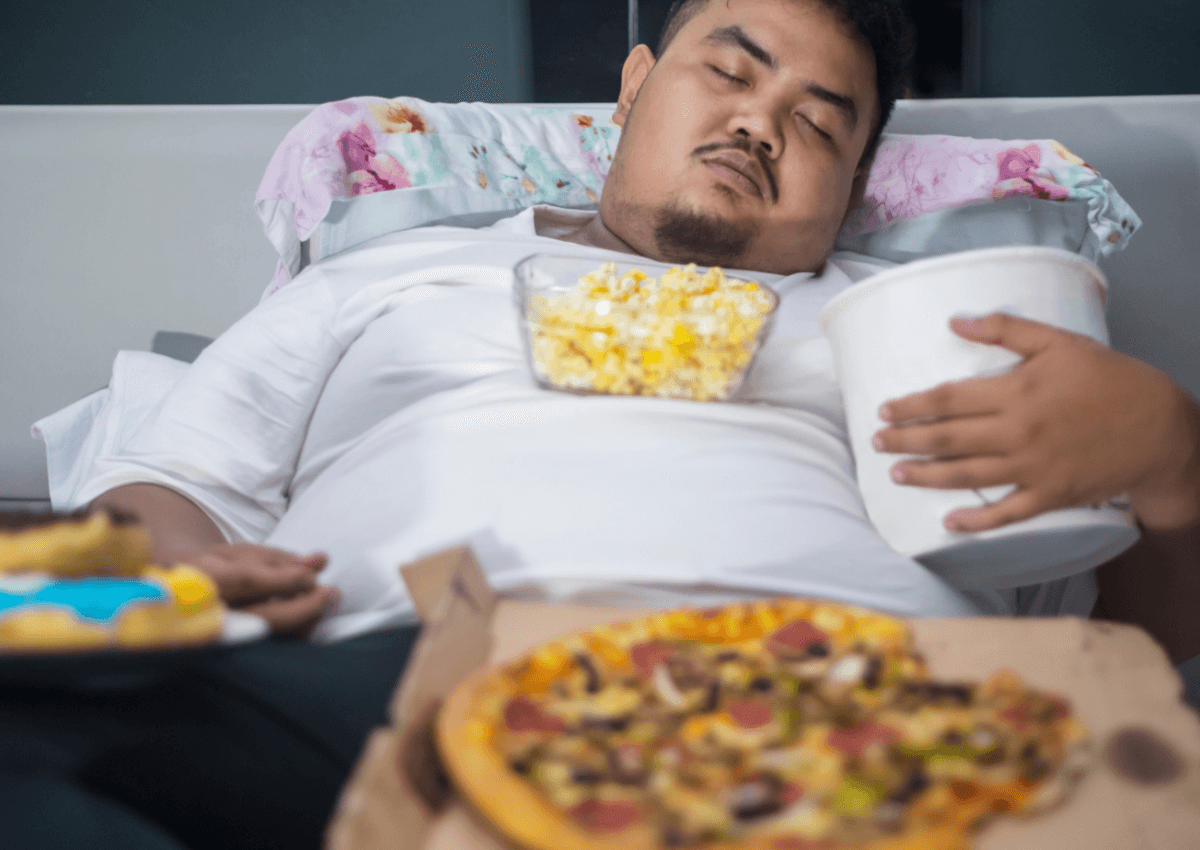
First of all, sleep is a vital physiological need of the body. During your sleep, your body works on some crucial functions: physical and psychological recovery, memory consolidation, cells repairing and regenerating, eliminating toxins, stress regulation, immunity stimulation and hormones production.
Food and sleep have influences on each other, we have all experienced poor quality sleep after a heavy meal or too much alcohol. Sleep and nutrition are hence two complex functions. The mechanisms between them are not yet clearly elucidated by scientific research. However, some clues give us opportunity to optimize our quality of sleep and health with food.
Lack of sleep is also associated with increased ghreline, the hunger hormone, and decreased leptine, the satiety hormone. It means that not enough sleep might stimulate appetite, which may increases weight.
Some food types can induce a poor quality or a shorter duration of sleep, like too much caffeine or alcohol, too high or too low protein, or a high carbohydrate diet (high quantity or refined carbohydrates).
Therefore, a balanced and varied diet, rich in plant-based foods (fruits, vegetables, legumes, nuts and whole grains) will provide all minerals, vitamins and polyphenols and then promote good sleep. This includes foods rich in magnesium, vitamins B and D, tryptophan and melatonin. Moreover, eating animal proteins in the morning or lunch, and whole grain food, fruits and vegetables in the evening can help.
Besides food, many others factors can affect sleep like stress, physical activity, sedentary lifestyle, medicine, staggered hours, age, health conditions and smoking.
It is highly recommended eating a balanced and varied diet. As each body reacts differently to food and sleep, it is best to consult a doctor or a nutritionist for an assessment, in order to get better sleep.
Author: Cécile Le Minh, Nutritionist


